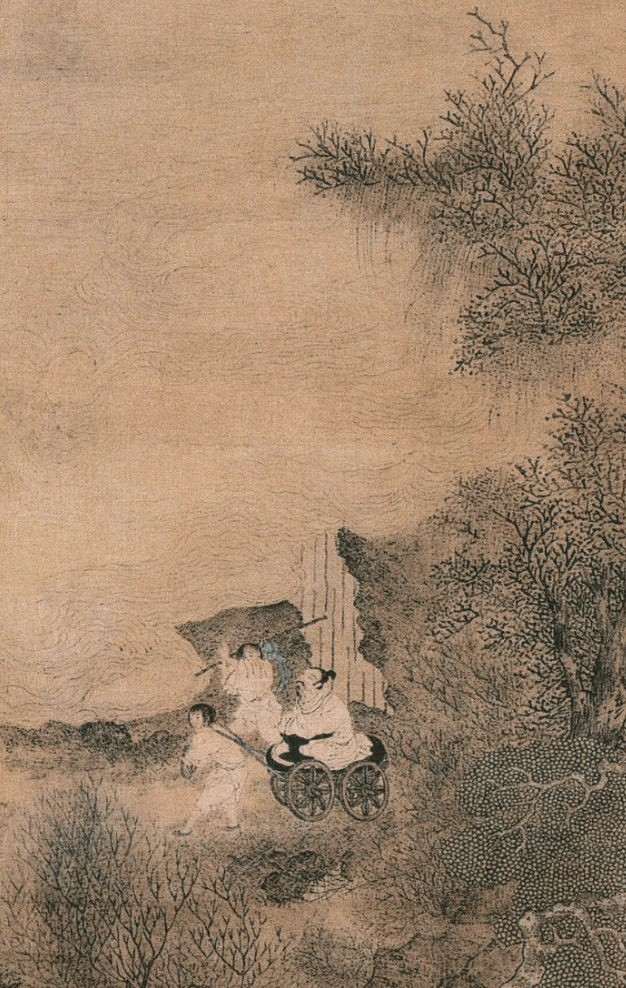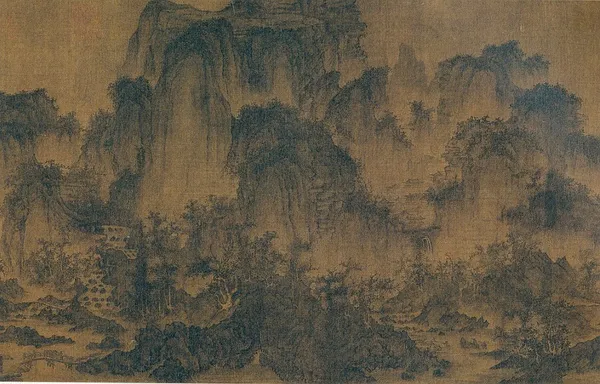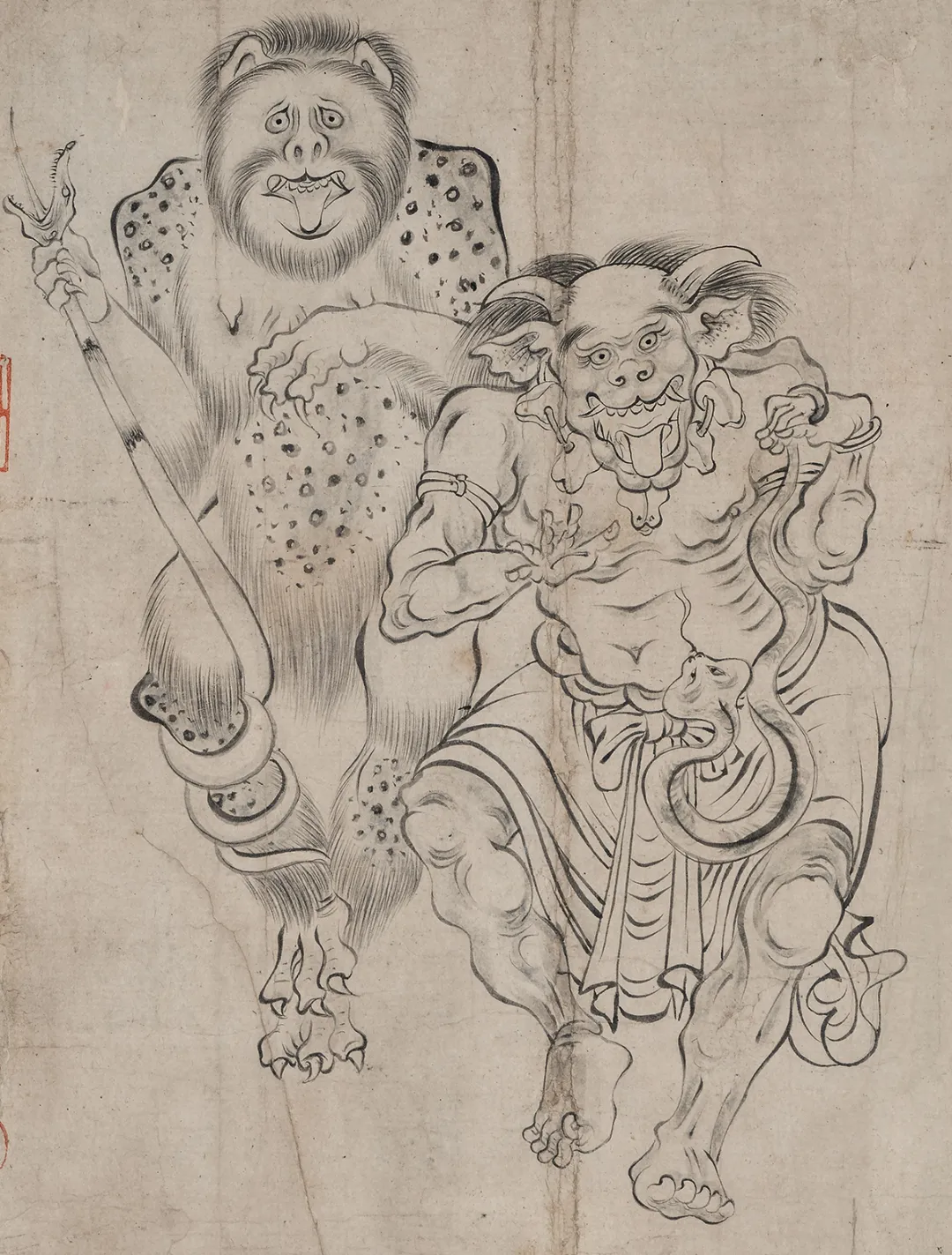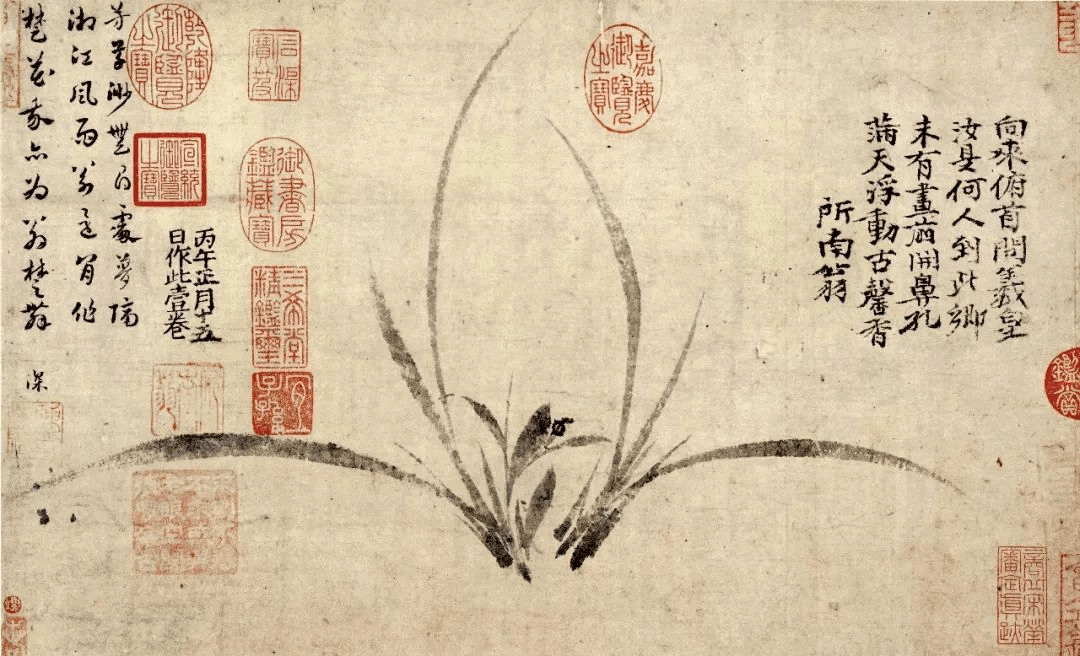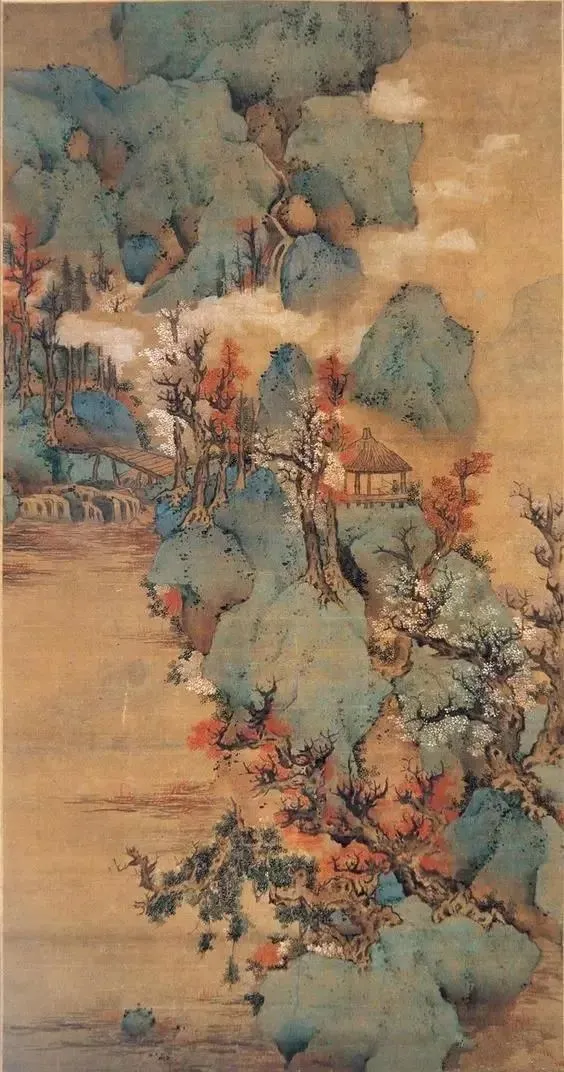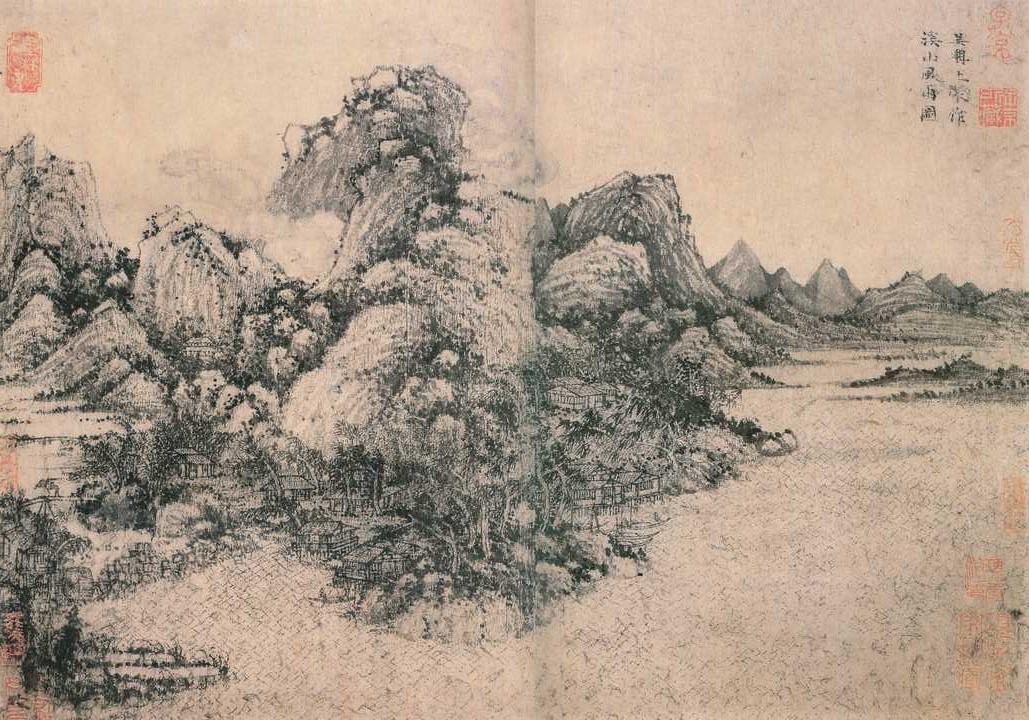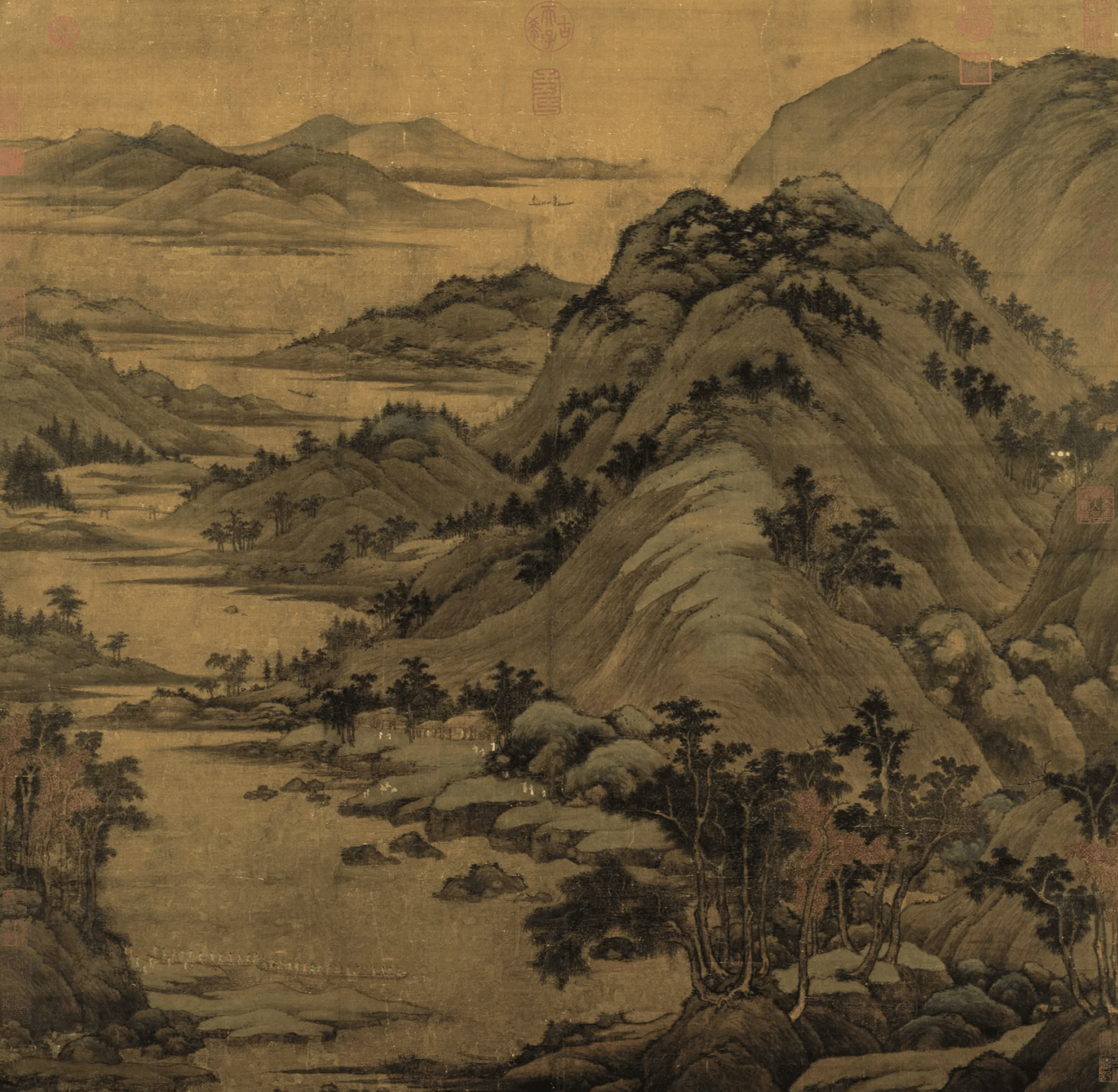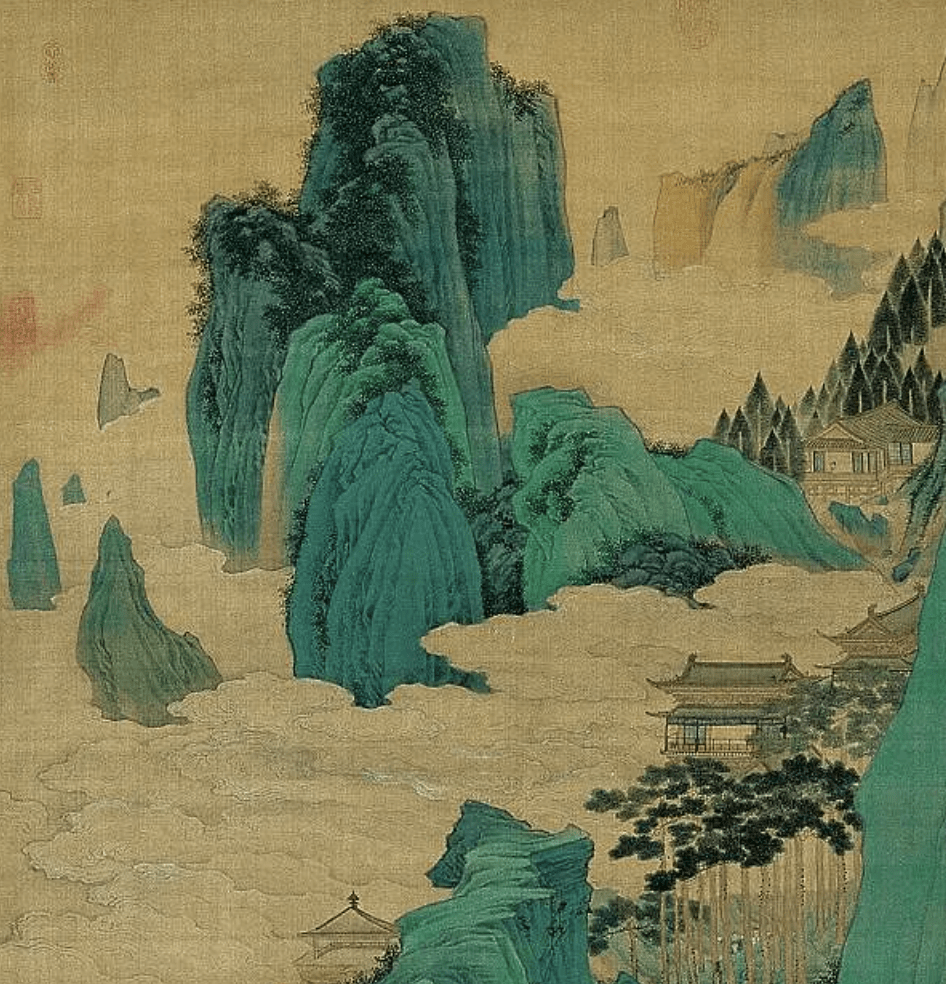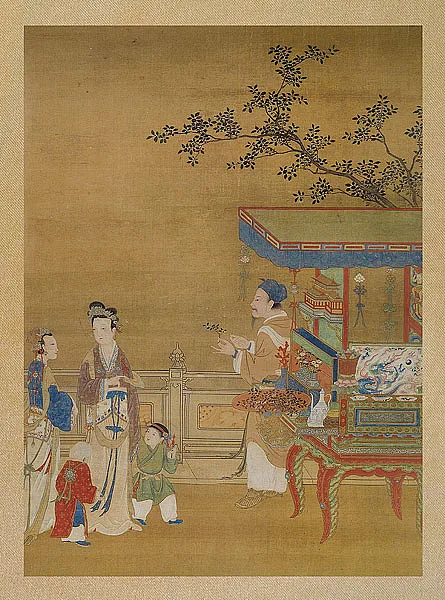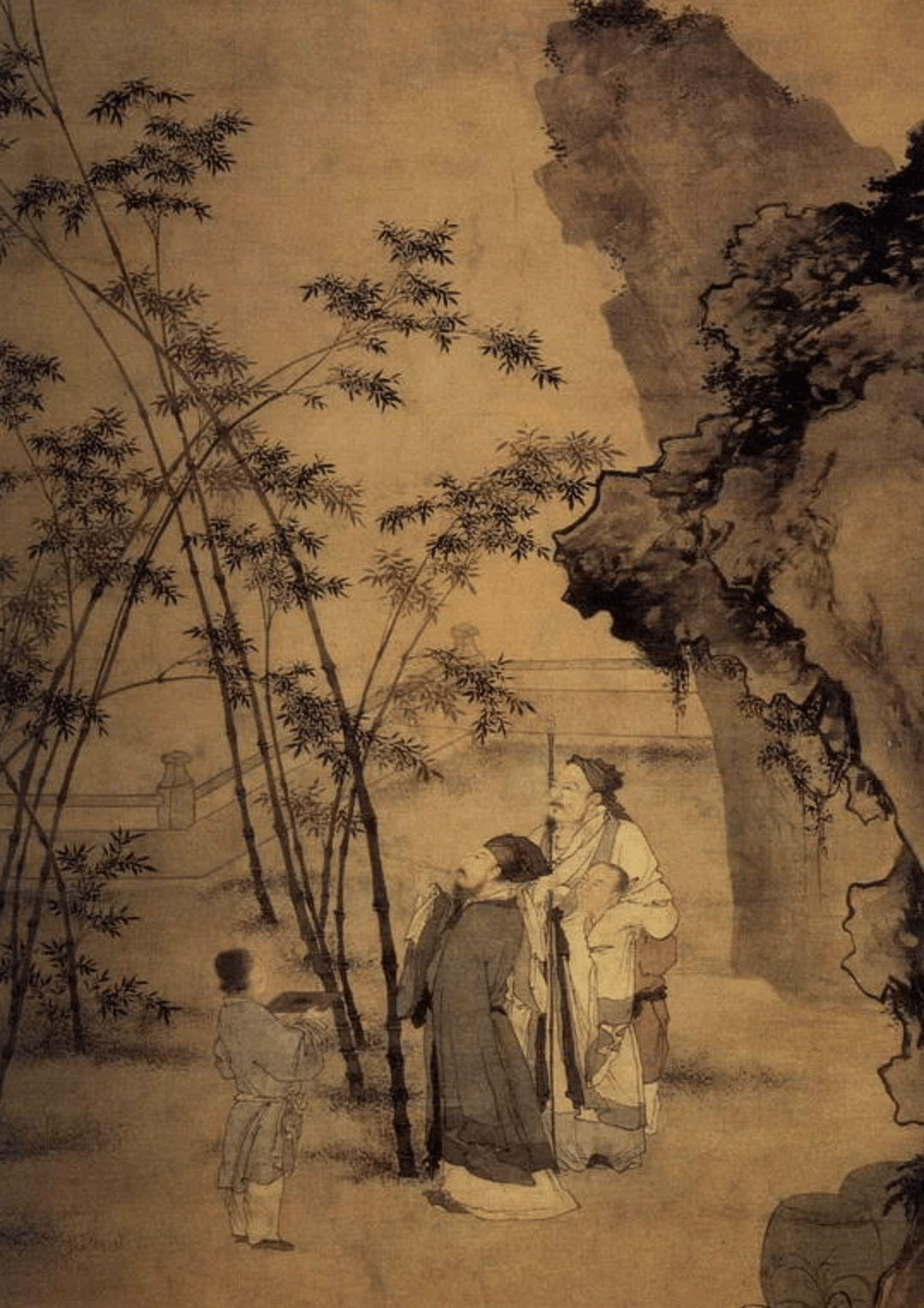Thunder Strikes the Land
During the Kangxi era(康熙), Wang Yixin(汪以炘), the magistrate of Shidai(石埭), had a close relationship with his friend Lin(林某). Later, Lin passed away, becoming the local land deity of Shidai. Every night, Wang and Lin, one in the mortal realm and the other in the afterlife, maintained an intimate connection, just like in the past.
Once, the land deity privately told Wang, “Disaster will befall your family, and I dare not withhold this information.

